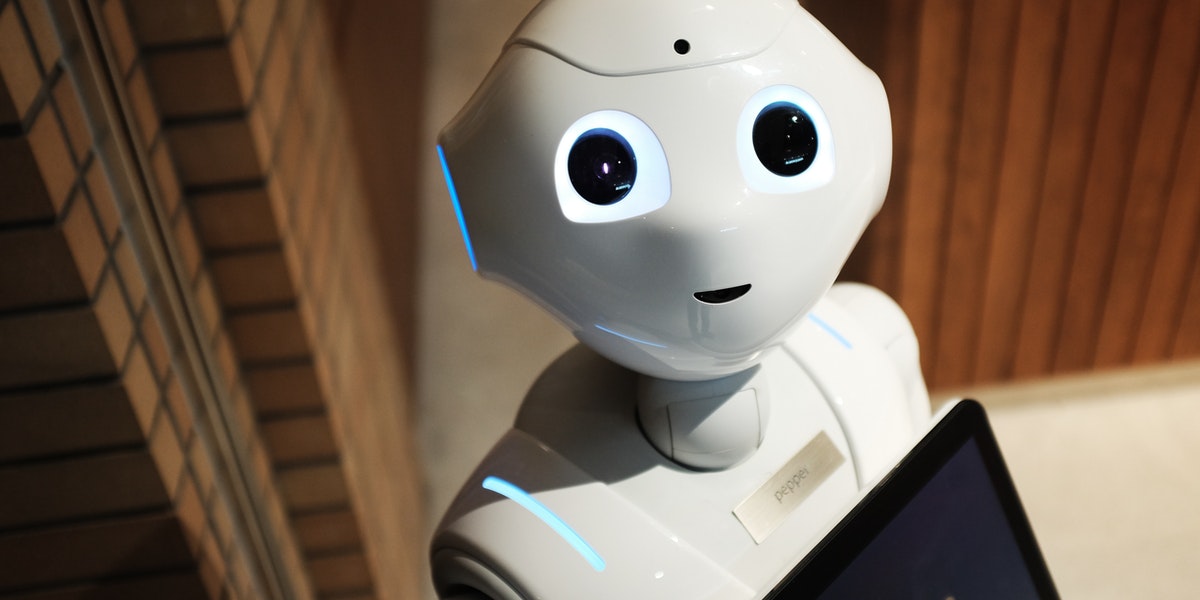Artificial Intelligence (AI) has been a game-changer in the past decade. Whatever seemed improbable in the next 20 years, AI has proven its worth by making ‘the impossible’ achievable in a very short amount of time.
The healthcare industry has embraced the AI technology to address the ever-changing therapeutic and drug requirements of the patients. Each day, we come across new viruses, for which no antidote has been prepared like Zika virus, COVID-19 disease etc. However, with AI at disposal, it is expected that the research process will be hastened.
If you are writing a paper on 'AI and its impact on Medicine' the points discussed below will help you a lot. In case, you face any issues; you can take
assignment help from the professional experts.
How Is AI Transforming Drug Discovery Process?
Today, AI is being used to study genetics and delve deep into the various mechanisms of the patients at a deeper level. It provides the R&D department with valuable data as to how the medicines act in the body and fend off the viruses and bacteria.
So, let us find out how the AI is helping out the pharmaceutical industry.
1. Detailed Study
AI and Machine Learning have helped Berg’s supercomputers to synthesize more than
14 trillion data points per tissue samples in just a few days time. The data samples collected have helped in merging both genetics (biology) and technology. Furthermore, it has reduced the time required for analyzing the organ fluids, tissue samples to understand the metabolomics, lipidomics, genomics etc.
Advanced AI algorithms have enabled the professionals to prepare and test drug samples required for curing aggressive cancers, tuberculosis and other deadly diseases caused by viruses etc.
2. Pattern Recognition
Even today, healthcare specialists and scientists haven’t been able to tap into the full potential of AI to unearth new drug combinations to cure the diseases. AI presents a set of patterns after going through millions of data samples of tissues, blood samples etc. (human biology).
For instance,
researchers at Yale University conducted extensive research on fibroblast growth factors (FGFs) in blood-vessel development. If you are curious, the study led to valuable insight into tumour growth and cardiovascular disease. This is because AI helps in quick analysis of RNA-sequence variations, molecular functions, gene location etc.
3. Natural Language Processing (NLP)
AI is capable of holding a vast database of research details on human biology, chemical interaction and genes. As far as the drug production is concerned, it isolates target regions in the body and checks for candidate molecules for the specific target. The process continues until the refined molecule is found.
NLP is used for scanning huge datasets of medical literature and genetics to find out the key for curing gene-diseases. Here, neural networks are used for predicting retrosynthesis (assessment of the synthesizability of a candidate) helping experts comprehend whether it is feasible to make the drug.
4. Drug Lifecycle
Although AI has been primarily used for discovering new drugs and experimenting with various combinations, it is worth mentioning that AI finds application beyond the current state of the application. In fact, AI has been used across the drug lifecycle, from the optimization of the production process, to amassing of clinical data to the analysis of the response rates.
AI has also enhanced the rate at which the choices are made when it comes to selecting the best candidates (silico property prediction) for producing the drug. Furthermore, once the target is identified, AI aids in molecular generation from scratch through virtual test cycles.
Now, that we know how AI is helping in discovering new drugs, let us take a look at the future prospects.
How AI Will Improve Drug Discovery Approaches?
With the incorporation of the advanced algorithm in Machine Learning, AI will soon discover patterns that would not be possible for humans to detect. Based on these patterns, AI will recommend solutions for the diseases that will be worth investigating.
Furthermore, machine learning will speed up the process of identifying drug targets, selecting good molecules from medical data sets, chemical modifications etc. Experts predict that the entire process of pharmaceutical manufacturing will be automated.
And since, the algorithms will not be interfered by human decision, AI will predict rational results. For instance, it will suggest the drug best suited to tackle a particular disease based on the test result statistics and success.
AI requires million-dollar investments; but if put to good use, you can reap the rewards worth three times the original investment. Today, doctors are taking the help of AI bots to address various issues of the patients. So, it can be assumed that we are not far from the day when patients suffering from diabetes, Alzheimer’s disease, cancer, tuberculosis etc. will get a quick fix.

